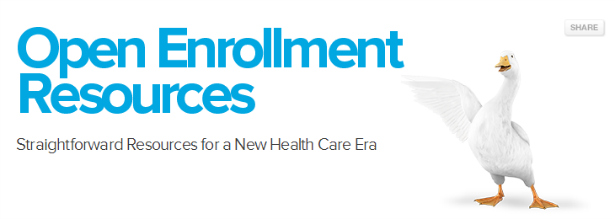I participated in a campaign on behalf of Mom Central Consulting (#MC) for Aflac. I received a promotional item as a thank you for participating.

Are you confused about signing up for healthcare next year? We just received our new booklet in the mail letting us know that it’s that time of year again. You know, to see how much your healthcare will cost you next year and what benefits they’ve cut! I feel it’s very important for everyone to know what their insurance covers and how their plan works. It can be tricky but with the right information you can learn too.
I was very surprised that more than 50% of employees waste $750 each year because they don’t understand their benefits! Not only that, but over 70% don’t understand all of their benefits! Now I’m seriously doubting if I understand them too! You can read about Aflac’s open enrollment resources then catch up on the useful tips to help with your plan benefits.
Here are some great tips from Aflac to help you understand your benefits:
- Don’t make assumptions: Keep in mind that if your company hasn’t made any material changes to its health insurance plan since health care reform legislation was passed in 2010, it may be exempt for now from offering widely discussed essential health benefits, including free preventive services. Ask your HR manager if your policy options changed to include new benefits made available by health care reform.
- Check your spouse’s benefits package: Your employer doesn’t have to offer insurance to your spouse and as costs increase, more companies are cutting this option. Even if your employer does offer your spouse insurance, the company is not obligated to pay anything toward the premium. If your spouse has access to employer-sponsored health insurance through his or her job, it may make the most financial sense to purchase two individual policies as opposed to one family policy.
- Don’t double up: Health care reform legislation requires plans in the individual and small group markets to offer essential health benefits like pediatric vision and dental and, chronic disease management services. Check all aspects of your major medical plan so you know what is covered and what isn’t.
- Examine premium costs carefully: Cheaper isn’t always better, since plans with the lowest monthly premiums likely mean you’ll pay more in co-insurance and receive less coverage.
- Consider supplemental insurance such as accident, hospital or critical illness plans to help reduce rising health care expenses.
Have you started open enrollment for next year?
Leave a Reply